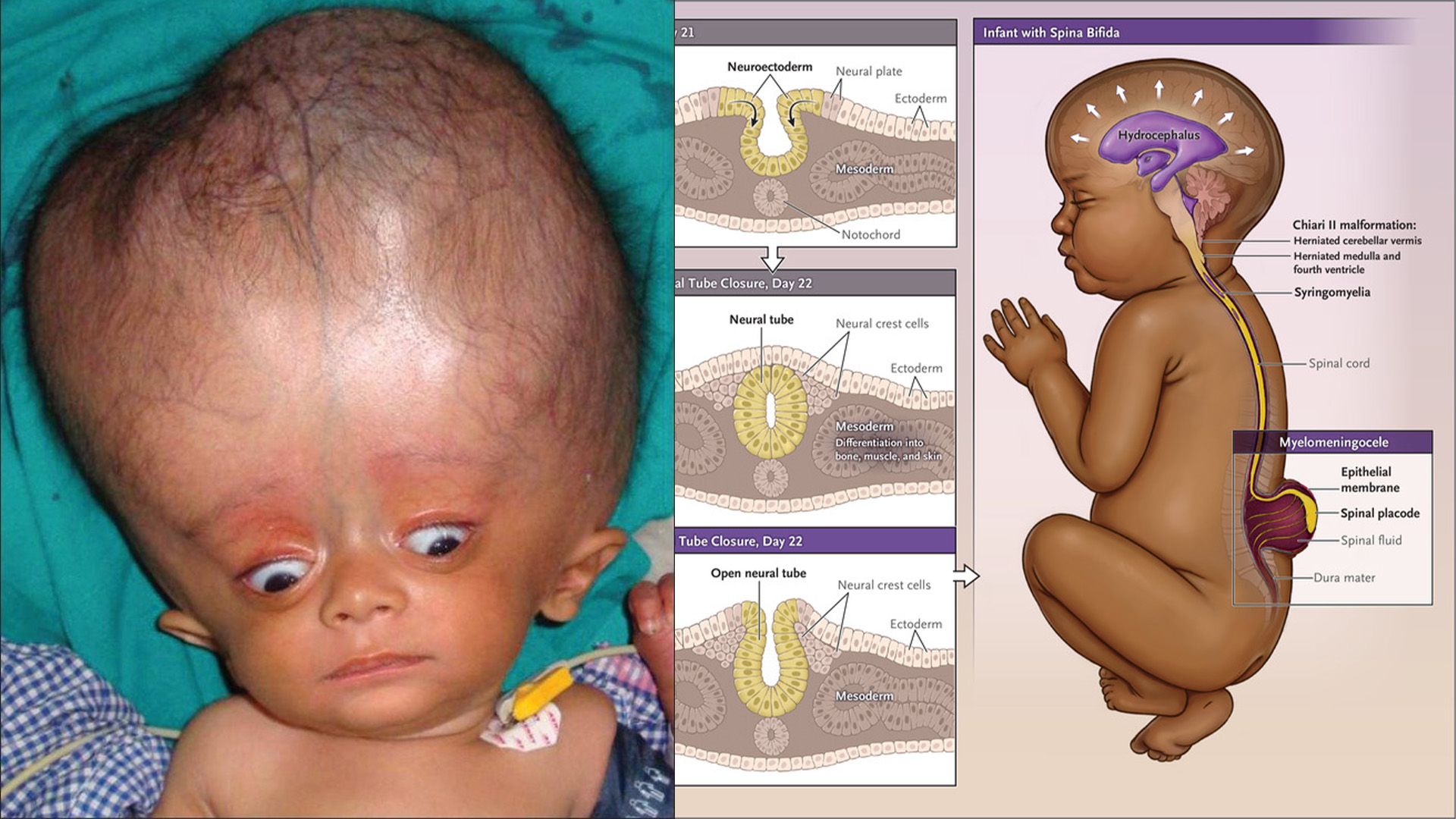
The handling of a legal dispute involving a litigant, Mr Justus Kyabahwa, who provided consultancy services, and China Henan International Cooperation Group Company Limited (CHICO), a construction firm, has exposed what appears to be a rift in the upper echelons of the Judiciary.
The difference of opinion pits the Chief Justice Alphonse Owiny-Dollo and Principal Judge, Flavian Zeija, on one side, against the head of the Commercial Court, High Court Judge Stephen Mubiru.
Justice Mubiru claims there are ‘currents burbling below the radar’ seeking to usurp his powers and influence the reallocation of a case, which goes against the grain of established procedures.
He accuses the Chinese firm of ‘forum shopping’, a colloquial term for the practice of litigants seeking to appear before a judge who could grant a favourable judgment.
The law firm representing the Chinese construction firm had demanded that Justice Mubiru recuses himself from the execution proceedings as a result of bias, an accusation he rejected.
Mr Kyabahwa is represented by Crane Associated Advocates while CHICO is represented by Lawgic Advocates.
This dispute arose after September 16, 2018, when CHICO contracted Mr Kyabahwa to provide consultancy services, at a fee of $2,200,000 (about Shs8.1 billion) for the construction of the Rukungiri-Kihihi-Ishasha/ Kanungu Road measuring 78.5 kilometres. This project was co-funded by the African Development Bank (ADB) and the government of Uganda.
The parties agreed that this money would be given to Mr Kyabahwa from the initial installment paid to the company by Uganda National Roads Authority (UNRA).
In December 2018, the Chinese firm received an advance payment from UNRA but did not notify Mr Kyabahwa nor pay his contract sum as they had agreed.
Upon learning of the payment, the consultant contacted the Chinese firm and the parties executed a deed of variation on January 14, 2019 reducing the contract sum from $2,200,000 (Shs8.1 billion) to $1,300,000 (Shs4.8 billion).
The reduction was based on the presumption that the ADB had cancelled the loan for financing the road project, compelling the company to renegotiate with UNRA. The consultant later discovered that the reports that the ADB had pulled the plug on financing the construction, were untrue.
Mr Kyabahwa sued the Chinese firm for breach of the consultancy agreement and sought a declaration that the deed of variation concluded between the parties was anchored on fraudulent misrepresentation and was therefore void. He claimed compensation of
$900,000 and general damages.
On March 19, 2021, High Court Judge Duncan Gaswaga decided in favour of Mr Kyabahwa, holding that the Chinese firm breached the parties’ consultancy agreement when it refused to pay the businessman the balance of the consultancy fees and that the deed of variation was illegal.
The Judge awarded Kyabahwa $900,000 (Shs3.3 billion) as the outstanding balance on the contract and general damages of $450,000 (Shs1.7 billion) for breach of contract and inconvenience. The Chinese firm was dissatisfied with this decision of the High Court and filed an appeal, which is yet to be determined by the Court of Appeal.
Source





Hi, this is a comment.
To get started with moderating, editing, and deleting comments, please visit the Comments screen in the dashboard.
Commenter avatars come from Gravatar.